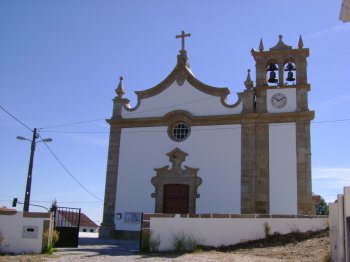Explore the best places
Igreja Matriz de Vale Longo do Côa / Igreja de Nossa Senhora da Conceição
- heritage
Rua da Igreja
6320-571, Sabugal
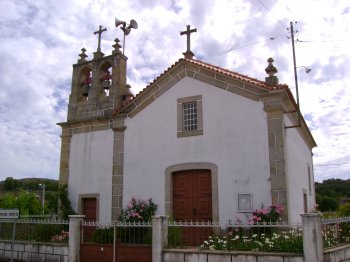
Igreja Matriz de Vale das Éguas / Igreja do Menino Deus
- heritage
Travessa da Igreja
6320-551, Sabugal
Church built in the 19TH century and the 20th century, the Bell Tower, the wooden pulpit and the altarpiece of the high altar in gilt national style.
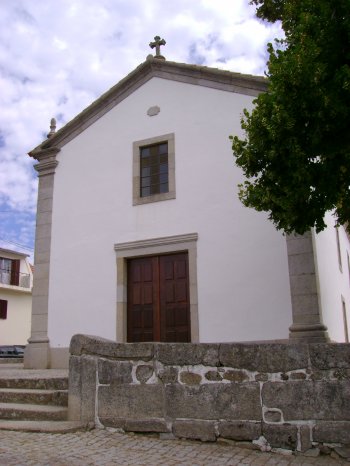
Igreja Matriz de Souto / Igreja de Nossa Senhora da Conceição
- heritage
Rua da Igreja, 17
6320-638, Sabugal
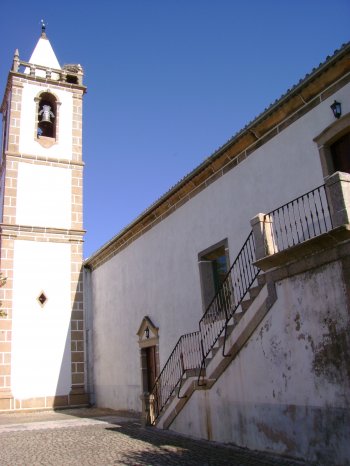
Igreja Matriz de Santo Estêvão / Igreja de Nossa Senhora da Conceição
- heritage
EN233, 68
6320, Sabugal
Church built in the 20th century, with a single nave and a Bell Tower located near. In the interior, especially the gilded pulpit and gilded retables eclectic and neo-Gothic.
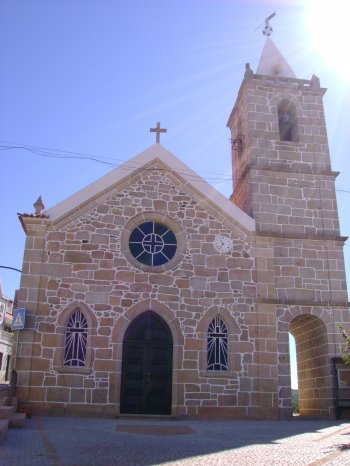
Igreja Matriz de Seixo do Côa / Igreja de Santa Maria Madalena
- heritage
Largo da Igreja
6320-523, Sabugal
Nave Church, built in the first half of the 20th century. Highlight for the choir-high, wooden pulpit and eclectic altarpieces in gilt.
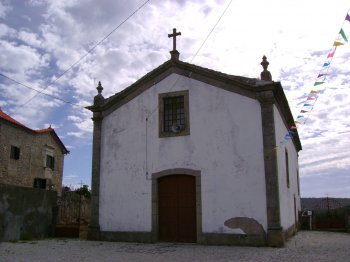
Igreja Matriz da Ruvina / Igreja de Nossa Senhora do Rosário
- heritage
Largo do Fundo do Povo, 10
6320-301, Sabugal
Baroque church where stands a belfry and some 19th century carved altarpieces. It is believed that it was built in the 18th century, the tower being added in the late 19th century.
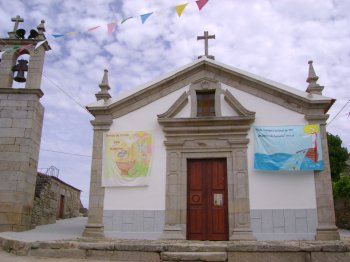
Igreja Matriz de Rebolosa / Igreja de Santa Catarina
- heritage
Rua Direita
6320-271, Sabugal
Church built in the 19TH century and the 20th century, very simple, with little ornamentation. Presents moldings of stonework and straight or arched spans down.
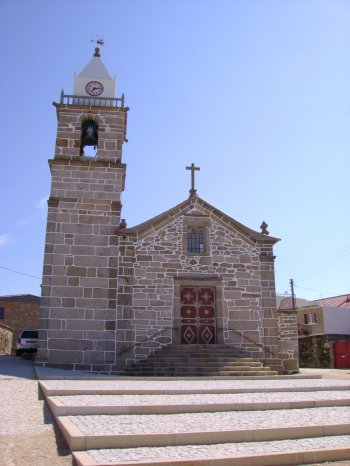
Igreja Matriz de Rapoula do Côa / Igreja de Santa Maria Madalena
- heritage
Largo da Igreja
6320-261, Sabugal
Baroque church with a Bell Tower adossado the main façade, which you access through exterior stairs.
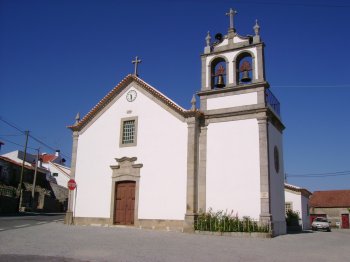
Igreja Matriz de Ruivos / Igreja de Nossa Senhora das Neves
- heritage
Largo da Igreja, 4
6320-291, Sabugal
Church built in date uncertain, composed of a longitudinal plan, with coverage in gable roof and facades plastered, with pilasters on the sides, topped by pinnacles. Inside, the chancel of gilded retable and, abroad, highlighting the double Bell.
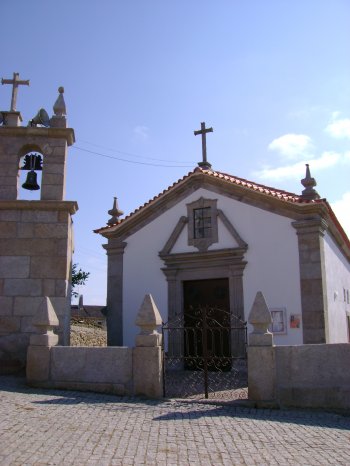
Igreja Matriz de Rendo / Igreja de São Sebastião
- heritage
EN233-3
6320-283, Sabugal
Baroque church with a single nave and an arched portico.
